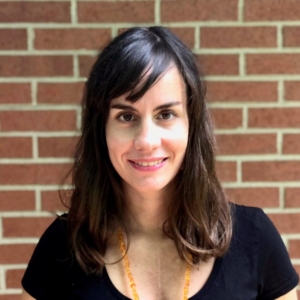Magdalena Novoa is Assistant Professor in the department of Urban and Regional Planning at the University of Illinois Urbana-Champaign. Her work focuses on the intersections of cultural heritage and social justice, industrial heritage and gender, and the politics of memory and grassroots organizing in Chile. She is particularly interested in how various actors mobilize cultural heritage and planning principles to integrate or segregate historically marginalized groups and the challenges that arise from the changing landscapes impacted by extractive economies, deindustrialization and state repression. As a community-engaged scholar, she combines ethnographic, historical, and participatory arts-based methods to assist communities in making their places, narratives, and actions more visible in policy, practice, and academy. Her research has been published in the International Journal of Heritage Studies, Planning Theory, Journal of Heritage Tourism, Journal of the Society of Architectural Historians, among others. Before entering academia, Magdalena worked for twelve years in planning and heritage in the public and non-profit sector in Chile and the UK. She is a founding member of the non-profit Aldea and the interdisciplinary public art and history collective Monumentos Incómodos. Within the DePOT project, Magdalena works on the Gender, Family and Deindustrialization initiative and the Politics of Industrial Heritage initiative.
Research statement:
Her current community-engaged project, Wounded Landscapes: Race, Gender, and Grassroots Preservation in Wallmapu investigates the historical tensions between colonialism, state repression, extractive economies, and racialized displacement in the Wallmapu (Mapuche land). The study aims to illuminate the connections between the various ways that the Chilean state has established hegemony over landscapes, bodies, and memories through spatial arrangements and official heritage discourses and practices. Through an intersectional lens, the research also examines how women, who live with histories of repression, displacement, and marginalization, use heritage and memory as activist tools to claim land and assert their memories and identities. Combining oral history, ethnographic and arts-based methods, the project partners with three women lead grassroots heritage and memory organizations in the ex-coal mining town of Lota, the National Malleco Forestry in Mulchén, and the disappeared coal mining town of Pilpilco.





 Women from the ex-coal mining town of Lota working on a collaborative arpillera urbana (textile art) depicting the history of their town. Photo by Magdalena Novoa.
Women from the ex-coal mining town of Lota working on a collaborative arpillera urbana (textile art) depicting the history of their town. Photo by Magdalena Novoa.